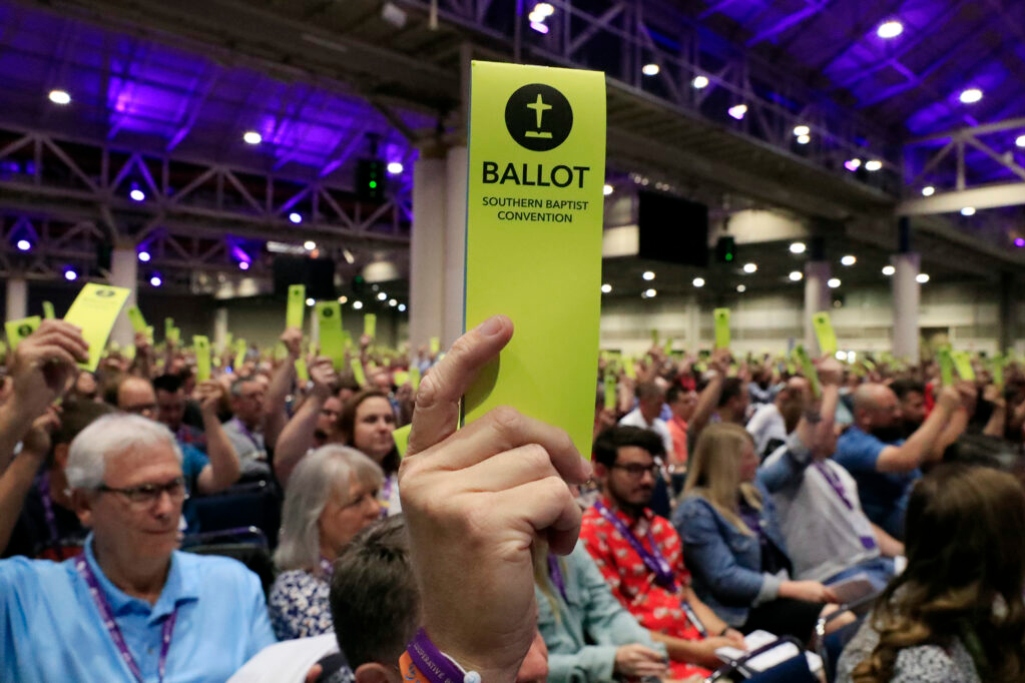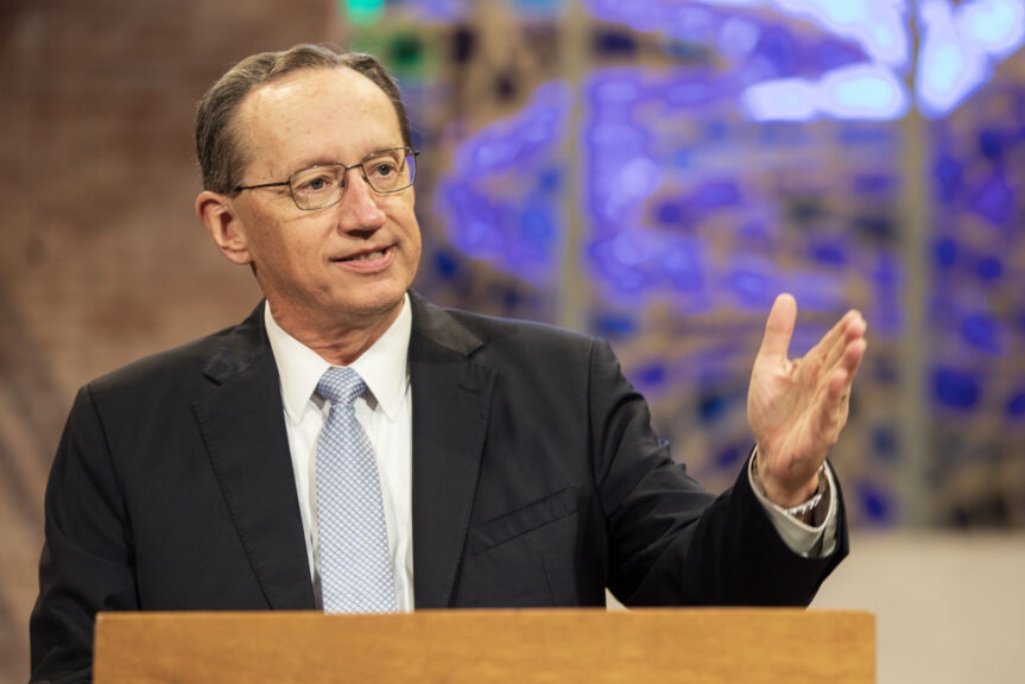
At our annual meeting in 2023, SBC messengers passed the first approval of a constitutional amendment (what’s come to be known as the “Law Amendment”), which states that the Convention will only deem a church to be in friendly cooperation with the Convention which: “Affirms, appoints, or employs only men as any kind of pastor or elder as qualified by Scripture.” The amendment has to be passed by the same two-thirds majority at the June 2024 convention in Indianapolis to go into effect. The current Baptist Faith and Message (2000) states: “while both men and women are gifted for service in the church, the office of pastor/elder/overseer is limited to men as qualified by Scripture.”
Below is why I think if the Law Amendment passes this June as is, it is understandable, but unneeded, unclear and could lead to the potential unraveling of the SBC as we know it.
Understandable
The SBC is unapologetically complementarian, as can be seen by the statement in the BF&M. It’s also obvious that the culture in which we minister is attempting to redefine gender, and churches need to disciple their people in biblical truth regarding God’s good design. Basic complementarianism is that God made both man and woman in His image but with different (or complementary roles). This is fleshed out from the creation account in Genesis 2-3 into some specifics with regard to leadership in the home and in the church. Even though there have been terrible examples of male leadership in both, Southern Baptists have held true to the Scriptural model because we know that bad people don’t nullify the Biblical principle. The blurring of the God-given gender distinctives has often accompanied a denominational direction away from the authority of Scripture. While I disagree with parts of his article, I appreciate my fellow pastor Heath Lambert acknowledging that “this debate is not about who is a complementarian and who is not. Many faithful leaders who believe the office of pastor is reserved for men are not in favor of this amendment.”
Unnecessary
If the current mechanism is in place to remove one of the largest churches in the SBC, as it did in 2023, then the framework already exists for removing a church that wanders too far from the Baptist Faith and Message. I agree with SBC President Bart Barber when he stated, “the SBC already requires that churches limit the office of pastor to men without the Law Amendment.”
Some would say, “The Credentials Committee asked for clarity about what a pastor is.” That is correct, but I do not believe the amendment provides it.
Unclear
Many people say, “We all know what a pastor is.” My challenge is that besides the preaching part (mostly agreed upon by complementarians), what is exclusively a pastoral responsibility? Right now, most of the discussion is on any female with “pastor” in her title. But the amendment is broadly worded to include a pastor “of any kind,” which brings up the matter of function. Scripture calls elders to lead the church (1 Timothy 5:7, Titus 1:7, 1 Peter 5:1-2, 2 Timothy 4:2, etc.), protect the church from false teachings (Acts 20:17), pray for the sick (James 5:14) and use good judgment in doctrinal issues (Acts 15). But we see men and women who are not elders being encouraged to carry out almost all these functions in the New Testament churches.
Heath Lambert said he’d heard this concern but doesn’t think it’s a problem because 1) He doesn’t want to be treated this way and 2) He can’t be a part of these types of investigations because as a pastor he is too busy. While I agree that is true in regards to Heath, it doesn’t appear to be the case with many of the most vocal proponents of the Law amendment. A quick glance at social media shows a bunch of pastors posting throughout the day almost every day. Additionally, some of the strong proponents have already expressed they are very concerned about the function, not just the title “pastor.” They believe the amendment could give authorization for removing churches that have women without the “pastor” title who nevertheless exercise “wrong” (in their view) authority over men in the church. Examples could be a children’s director who has male staff or volunteers, a female who baptizes someone or a female member of a church personnel committee.
As pointed out by pastor and former SBC president J.D. Greear, “One original proponent of this amendment has said that merely changing titles without a sufficient change in duties would, by his view, render churches not in ‘friendly cooperation’ with our Convention (and thus to be disfellowshipped).” Believe people when they say something. Note: I think it’s clear from the context, 1 Timothy 2:12-14 is talking about elder-like authority (see chapter 3:1ff).
Now, hopefully, the Credentials Committee would not take action on a church with a woman who is not a pastor “acting like a pastor” – but that’s a lot to ask of a volunteer committee of nine people.
Potential unraveling of the SBC
Southern Baptists have historically been very good at maintaining missional passion with doctrinal integrity. There are ways to answer the concerns of many Southern Baptist churches without any doctrinal compromise. But, if many people’s worst fears about the Law Amendment are realized, then good, complementarian, CP giving, soul-winning, Bible-believing churches have already indicated they will voluntarily opt out. Not because they don’t have complementarian convictions but because they didn’t sign up for denominational drama that demands increasing uniformity on an ever-widening set of issues. Missionaries will come home. That’s not hyperbole; it’s just math.
I am praying the Cooperation Group will have some constructive ideas.
(EDITOR’S NOTE – Bruce Frank is lead pastor of Biltmore Church in western North Carolina.)


